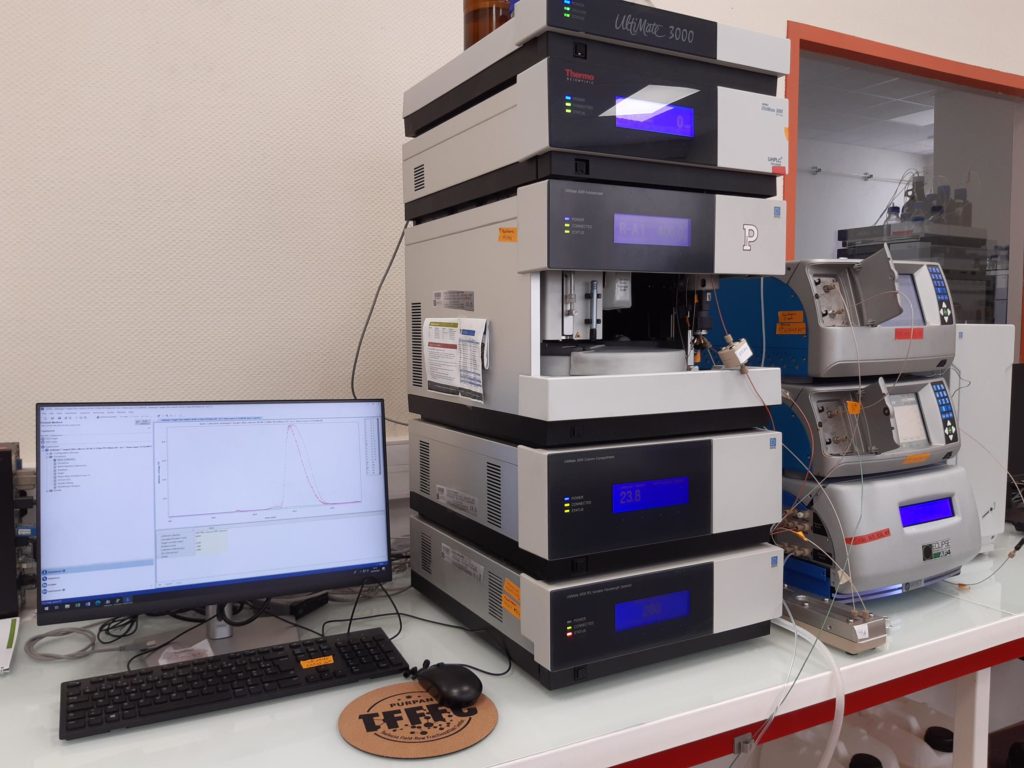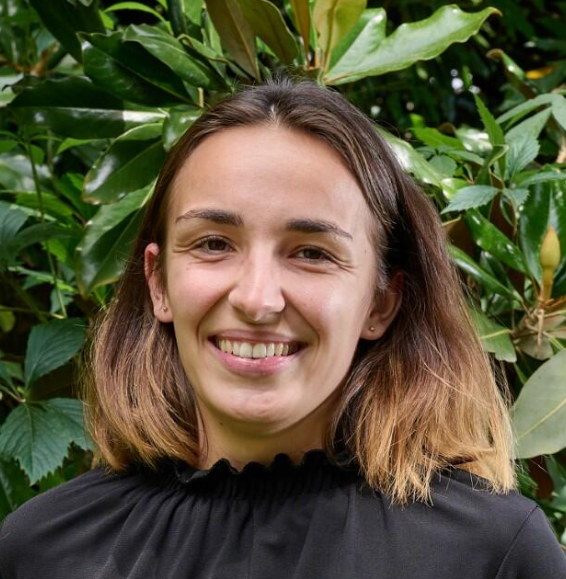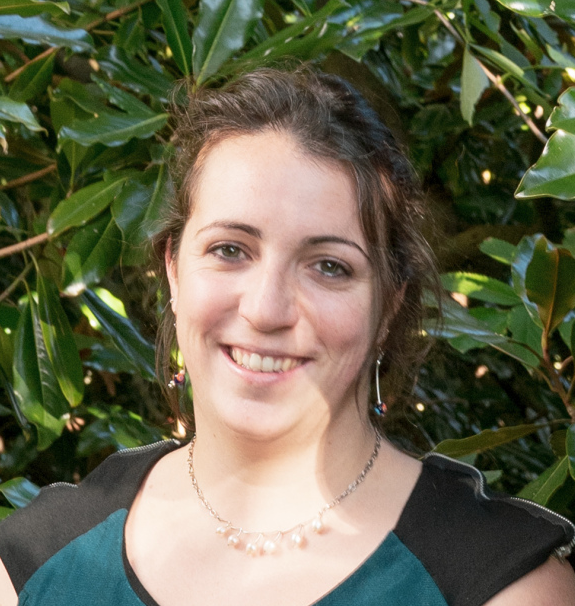The TFFFC (Toulouse Field Flow Fractionation Center) platform was created in 2017 at PURPAN Engineering School. This platform, the only one of its kind in Europe, specializes in the use of Field-Flow Fractionation (FFF) techniques. These techniques are extremely useful for characterizing complex samples of various kinds (proteins, polypeptides, nanoparticles, polymers, emulsions, cells, nanovectors, etc.) encountered in many industrial sectors (pharmaceuticals, nanotechnology, agri-food, biotechnology, materials, etc.).
The platform provides industrial and academic partners with the opportunity to use the various FFF techniques currently on the market within the framework of collaborative research projects (AF4, Sedimental-FFF, Thermal-FFF, Electrical-AF4) coupled with different types of detectors (UV, RI, MALS, DLS, etc.).
This platform is linked to the Agri-food and Nutrition Sciences Department.
Our services
Flux Force Fractionation (FFF) techniques
Flux Force Fractionation (FFF) techniques are used to separate and analyze macromolecules. They are similar to liquid chromatography techniques and are distinguished by the absence of a stationary phase in the separation channel, which limits shear effects and sample interactions. This approach enables samples to be characterized non-invasively without denaturation or filtration. It can separate compounds ranging from 1 nm to several microns.
The various FFF separation techniques are based on a common principle: the application of a physical force field perpendicular to the elution flow in the channel, enabling the fractionation and quantification of the analytes. Depending on the type of force field used (cross-flow, centrifugal, thermal or electric), sample populations are separated according to criteria such as size, density, chemical nature or charge.
This separation, combined with the detectors used in our platform, enables in-depth characterization of the samples, providing information on their molecular weight distribution, size, conformation or aggregation state.
Services proposed
– Characterization of complex samples such as proteins, polymers, nanovectors, nanoparticles, antibodies, etc.
– Fractionation of the various compounds in the mixture
– Characterization of the various fractionated populations: size distribution, molar weight, conformation, aggregation
– Collection of fractions at the FFF system outlet for further analysis

Applications and projects
FFF techniques are used in many fields of research and industry. Here are a few examples of projects carried out on the platform:
– Characterization of high-molecular-weight synthetic and biobased polymers: Obtaining the molar mass distribution
– Separation and determination of the size of milk proteins and aggregates: Understanding the structural and aggregation mechanisms according to the process.
– Characterization of nanoplastics in river water: Environmental study to assess the presence and concentration of nanoplastics.
– Macromolecule analysis in red and white wines: Research to improve the quality of wine products (link between the structure of the macromolecular complexes in wine and the sensory aspect, study of the protein breakdown responsible for cloudiness in white wines).
– Characterization of nanovectors: size distribution, aggregation, complete polymerization, quantification of the encapsulation of active ingredients
– Study of the aggregation state of antibodies as a function of applied stress
Team and equipment
The TFFFC platform has a dynamic team of specialized professionals:
– Two senior research engineers
– One junior research engineer
Our equipment:
– Two Asymmetrical Flow Field-Flow Fractionation (AF4) systems
– One 2D-Electrical-AF4-HPLC system
– One 2D-AF4-HPLC system
– One Centrifugal-FFF system
– One Thermal-FFF system
Detectors used:
– Online: UV-visible, DAD, refractometer, MALS (Multi Angle Light Scattering), QELS (Quasi-Elastic Light Scattering), fluorometer.
– Offline: IPAC particle analyzer, DLS (Dynamic Light Scattering).

Presentation of the TFFFC platform
Contact
Please do not hesitate to contact us for any requests for information, collaboration, services or training. We will be delighted to provide you with detailed information about our services and discuss your specific requirements.
Address:
École d’Ingénieurs de Purpan, Toulouse, France
Phone: +33 (0)7 64 30 42 77


